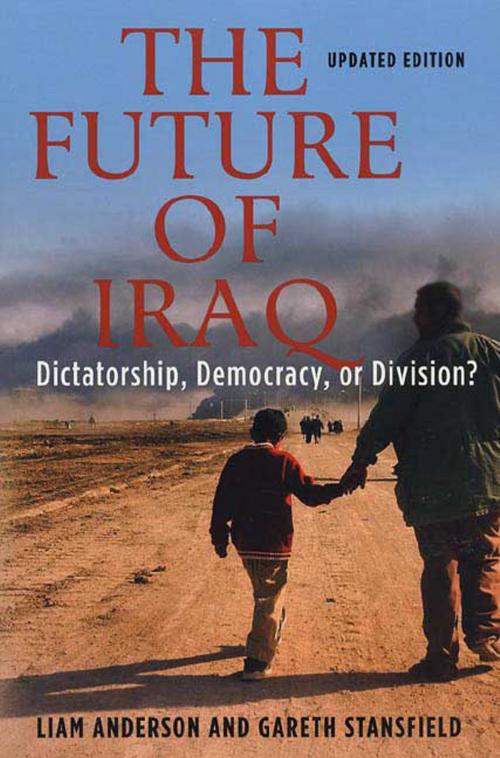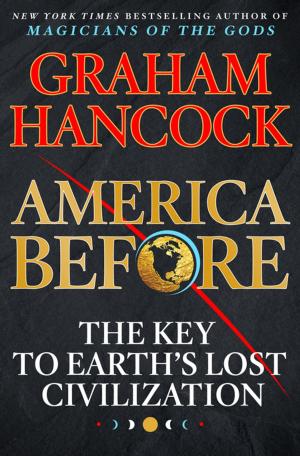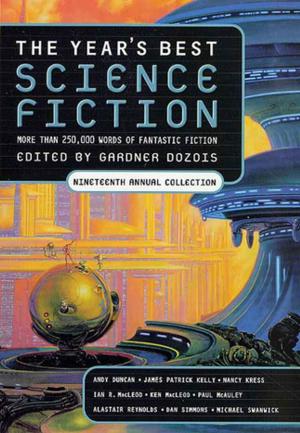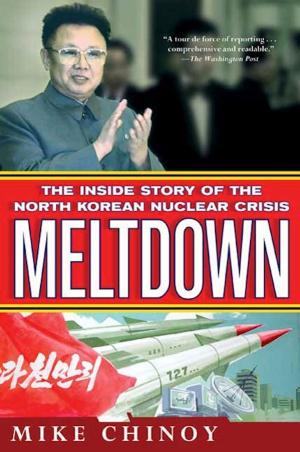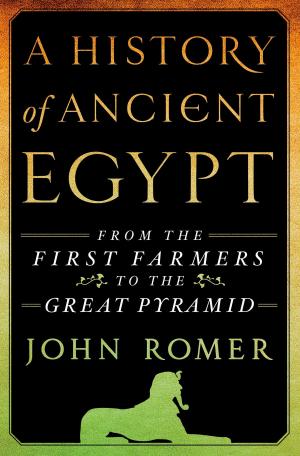The Future of Iraq
Dictatorship, Democracy or Division?
Nonfiction, Social & Cultural Studies, Political Science, International, International Relations| Author: | Liam Anderson, Gareth Stansfield | ISBN: | 9781466886742 |
| Publisher: | St. Martin's Press | Publication: | December 9, 2014 |
| Imprint: | St. Martin's Press | Language: | English |
| Author: | Liam Anderson, Gareth Stansfield |
| ISBN: | 9781466886742 |
| Publisher: | St. Martin's Press |
| Publication: | December 9, 2014 |
| Imprint: | St. Martin's Press |
| Language: | English |
Reordering Iraq is the lynchpin of America's successful involvement in the Middle East. The challenge may be impossible. The Future of Iraq provides a primer on the history and political dynamics of this pivotal state divided by ethnic, religious, and political antagonisms, and provocatively argues that the least discussed future of Iraq might be the best: Managed partition.
Anderson and Stansfield incisively analyze the dilemmas of American policy. They suggest that even a significant American presence will not stabilize Iraq because it is an artificial state and its people have never shared a common identity. In addition the legacy of tyrannical rule and the primacy of political violence is eroded social bonds and entrenched tribal allegiances, fallow ground for democracy. They provide the basic information and the provocative analysis crucial to informed debate and decision.
Reordering Iraq is the lynchpin of America's successful involvement in the Middle East. The challenge may be impossible. The Future of Iraq provides a primer on the history and political dynamics of this pivotal state divided by ethnic, religious, and political antagonisms, and provocatively argues that the least discussed future of Iraq might be the best: Managed partition.
Anderson and Stansfield incisively analyze the dilemmas of American policy. They suggest that even a significant American presence will not stabilize Iraq because it is an artificial state and its people have never shared a common identity. In addition the legacy of tyrannical rule and the primacy of political violence is eroded social bonds and entrenched tribal allegiances, fallow ground for democracy. They provide the basic information and the provocative analysis crucial to informed debate and decision.
